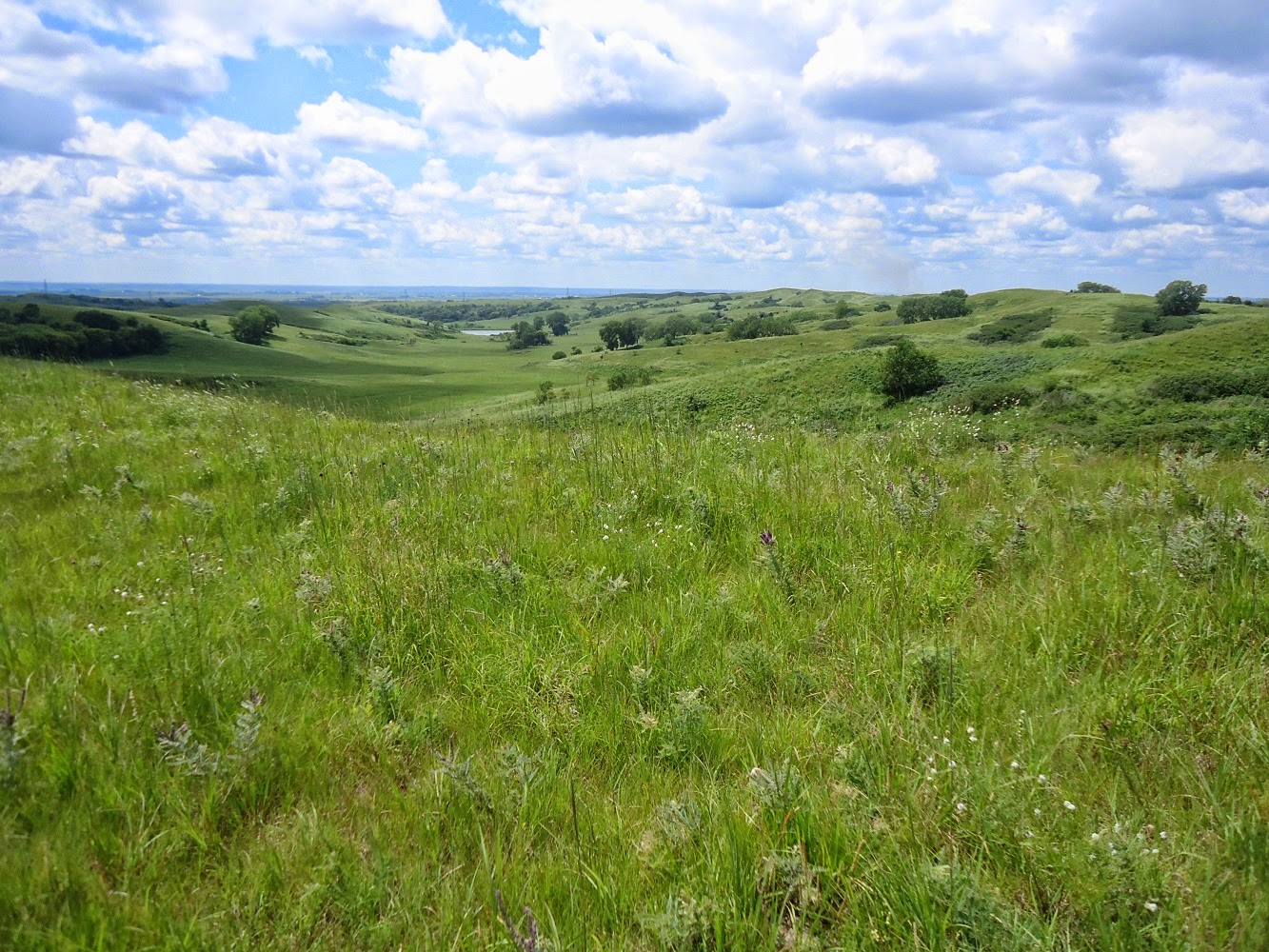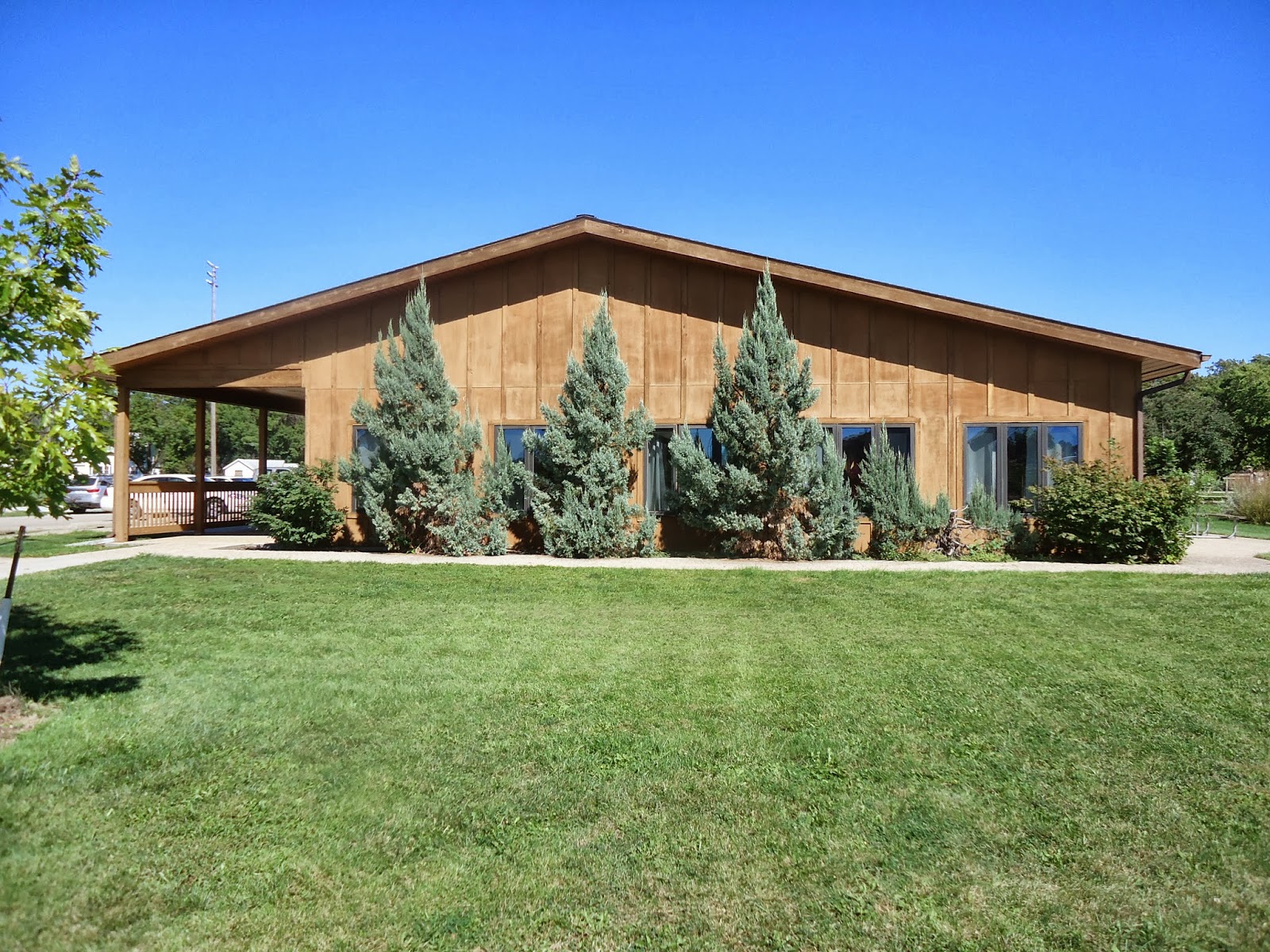The Gift Economy: Faith, Abundance, and Gratitude
The Buy Nothing Project Mission Statement:
BuyNothing offers people a way to give and receive, share, lend, and express gratitude through a worldwide gift economy network in which the true wealth is the web of connections formed between people. We believe that communities are more resilient, sustainable, equitable, and joyful when they have functional gift economies. (source: https://buynothingproject.org/about)
◎
 |
| Bloodroot on a hillside, April 2015 |
Why is a gift economy important to me as a Christian?
Jesus continues in Matthew 6:
“So do not worry about tomorrow, for tomorrow will bring worries of its own. Today’s trouble is enough for today.” Matthew 6:25-34(NRSV)
This and other teachings of Jesus tell me not to be overly attached to my stuff. That I should be willing to let it go. God knows we need these things, and they will be given to us, and I think as a whole community the way that actually works is that we share and give to one another. Because among all of us, we have everything we need. I don’t need to worry about keeping stuff for my own security.
In Luke, Jesus sent the disciples to preach the gospel and heal the sick, and he said, “Take nothing for your journey, no staff, nor bag, nor bread, nor money—not even an extra tunic.” Later he asked them, “When I sent you out without a purse, bag, or sandals, did you lack anything?” They said, “No, not a thing.”
It is the strength of my community bonds that ensure that when I am in need, I can call on others to meet my needs. And this has been my experience in life. We also must remember that all good things come from God. (James 1:17) God is the creator of the planet we live on, and everything that we use to live, make, sell, was first a gift from God. It’s grace–the word that means “unmerited favor”, or gifts given without being earned or with the expectation of repayment.
Diana Butler Bass wrote in her book Gratitude, “Grace reminds us that every good thing is a gift—that somehow the rising of the sun and being alive are indiscriminate daily offerings to us—and then we understand that all benefactors are also beneficiaries and all beneficiaries can be benefactors. All that we have was gifted to all of us. There would be no benefactors if they were not the first recipients of grace. In other words, gifts come before givers. We do not really give gifts. We recognize gifts, we receive them, and we pass them on. We all rely on these gifts. We all share them.”
Another quote, this time from the founder of the Methodist movement, John Wesley, also reminds us that all we have comes from God: “We are now God’s stewards. We are indebted to him for all we have…. A steward is not at liberty to use what is lodged in his hands as he pleases, but as his master pleases…. He is not the owner of any of these things but barely entrusted with them by another… now this is exactly the case of everyone with relation to God. We are not at liberty to use what God has lodged in our hands as we please, but as God pleases, who alone is the possessor of heaven and earth and the Lord of every creature.” John Wesley, Sermon 51, “The Good Steward,” §II.1, Works 2:283-84
All of these teachings enable me to freely give from a place of abundance and generosity because I can play a part in sharing with and providing for my community.
Climate
Join Buy Nothing on Facebook or the App:
Buy Nothing Cedar Rapids (NorthEast)/Marion/Hiawatha, IA https://www.facebook.com/groups/908891845861111
Buy Nothing Cedar Rapids (West)/Fairfax, IA
https://www.facebook.com/groups/870608353764774
(Note: there is not yet a group for Southeast Cedar Rapids–stay tuned.)
If you're not located in Cedar Rapids, you can find a Facebook group here: https://bnponfb.org/find-a-group/
Buy Nothing App: search for it on Apple Appstore or Google Play.
Links:
Gazette article: “Buy Nothing Facebook groups help Iowa families through the pandemic” by Erin Jordan, Jan. 21, 2022. https://www.thegazette.com/people-places/buy-nothing-facebook-groups-help-iowa-families-through-the-pandemic/
Video: What is a gift economy? - Alex Gendler https://youtu.be/EaxjxICgahc
Video: The Story of Stuff https://www.storyofstuff.org/movies/story-of-stuff/
Book Suggestions*:
Grateful: The Transformative Power of Giving Thanks by Diana Butler Bass, 2018. (Available at Marion Public Library)
Braiding Sweetgrass: Indigenous Wisdom, Scientific Knowledge, and the Teachings of Plants by Robin Wall Kimmerer, 2013. (Available at the Downtown, Marion, and Hiawatha libraries and Overdrive)
The Buy Nothing, Get Everything Plan : Discover the Joy of Spending Less, Sharing More, and Living Generously by Liesl Clark and Rebecca Rockefeller, founders of the Buy Nothing Project, 2020. (Available at the Hiawatha Public Library and Overdrive.)
A Life Less Throwaway: The Lost Art of Buying for Life by Tara Button, 2018


Comments
Post a Comment